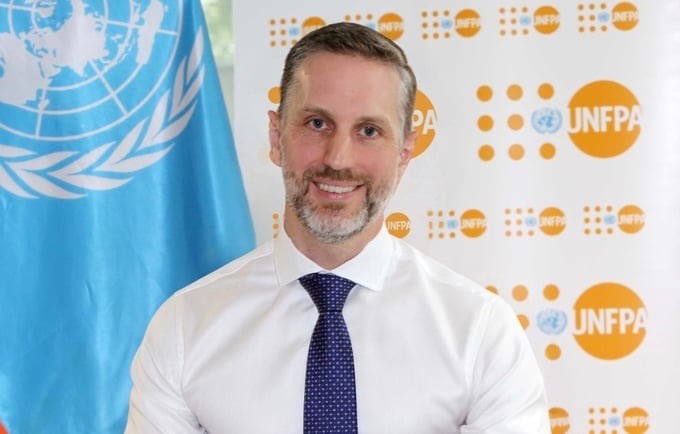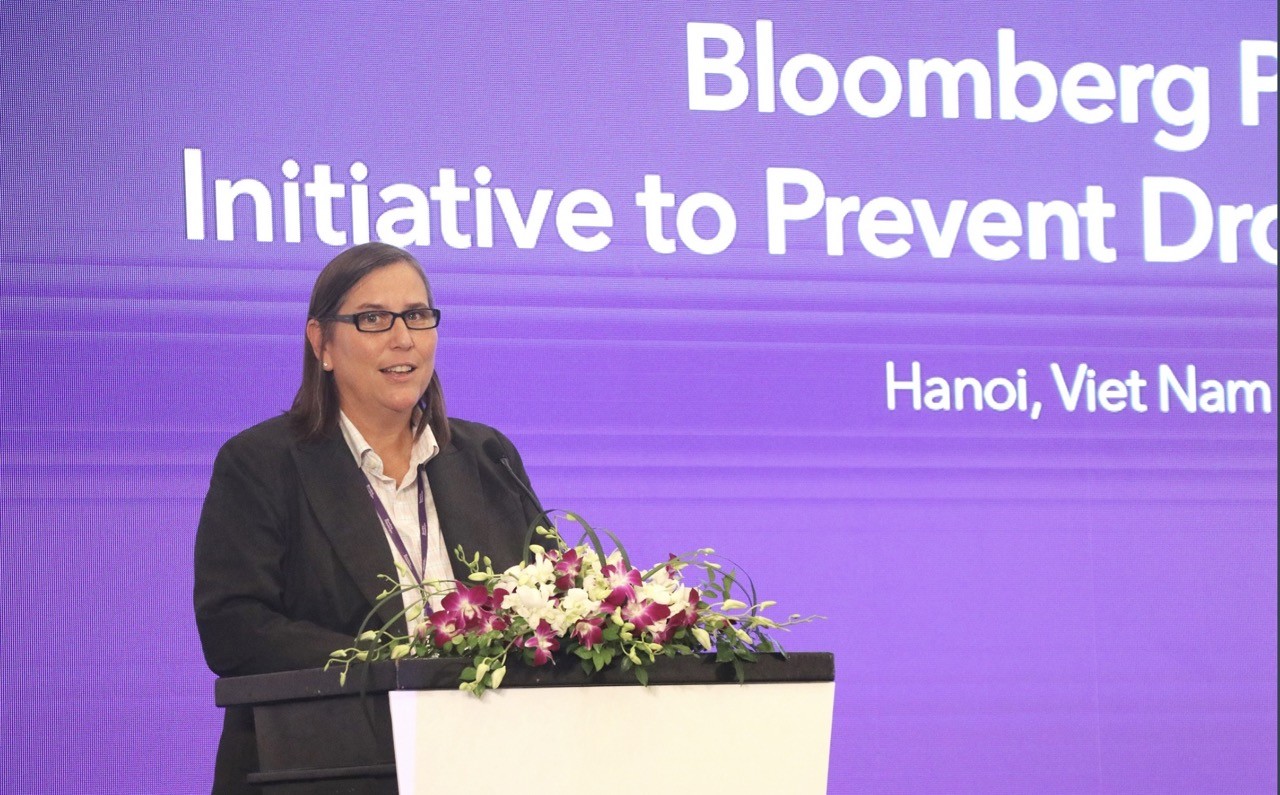Vietnam Improving Civil Registration of Births and Deaths
The Ministry of Justice recently held the workshop on the review of the 5-year implementation of the Vietnam National Action Programme on Civil Registration and Vital Statistics, 2017-2024 period in Hanoi, which was virtually connected to 29 locations of provinces and cities across the country.
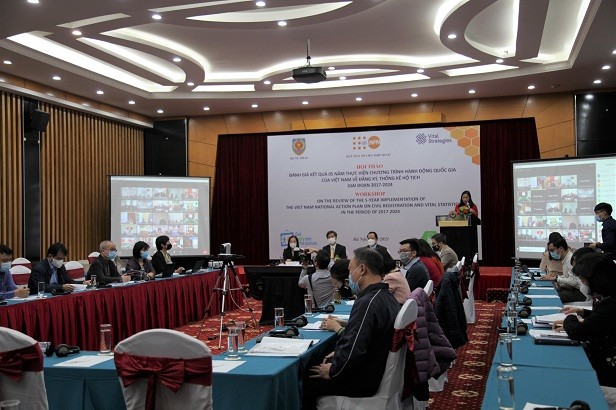 |
| At the event. Photo: UNFPA Vietnam |
The workshop will propose possible solutions to accelerate the implementation of the National Action Programe to achieve the goals set by 2024.
The event was funded by the United Nations Population Agency (UNFPA) in partnership with Vital Strategies through the Bloomberg Philanthropies’s “Data for Health Initiative” to improve Vietnam’s CRVS system at national and subnational levels. The partnership is to support the Civil Registration, Nationality, Attestation Department of the Ministry of Justice to improve the CRVS business process for birth and death registration, pilot an innovative model on birth and death registration, review and recommend further strengthening of the CRVS legal framework, and improve collaboration among relevant ministries in sharing CRVS data to be used for policymaking.
Opening the workshop, Deputy Minister Nguyen Khanh Ngoc said that the event was held right after the Asia-Pacific Ministerial Conference on civil status registration and statistics held on Nov.19, to reassess the implementation of the decade commitments on civil status registration and statistics in the region.
According to Deputy Minister Nguyen Khanh Ngoc, the right to civil status registration is one of the basic personal rights of a person, recognized by Vietnamese law and guaranteed to be implemented from the Constitution to the laws of the National Assembly and other documents of the Government, the Prime Minister and ministries, departments and branches.
Civil registration and vital statistics are critical for state functions. In Vietnam, the National Action Programme on Civil Registration and Vital Statistics (CRVS), which was approved by the Prime Minister in Decision No. 101/QD-TTg dated 23 January 2017, has been implemented since 2017 in line with the Law on Civil Status.
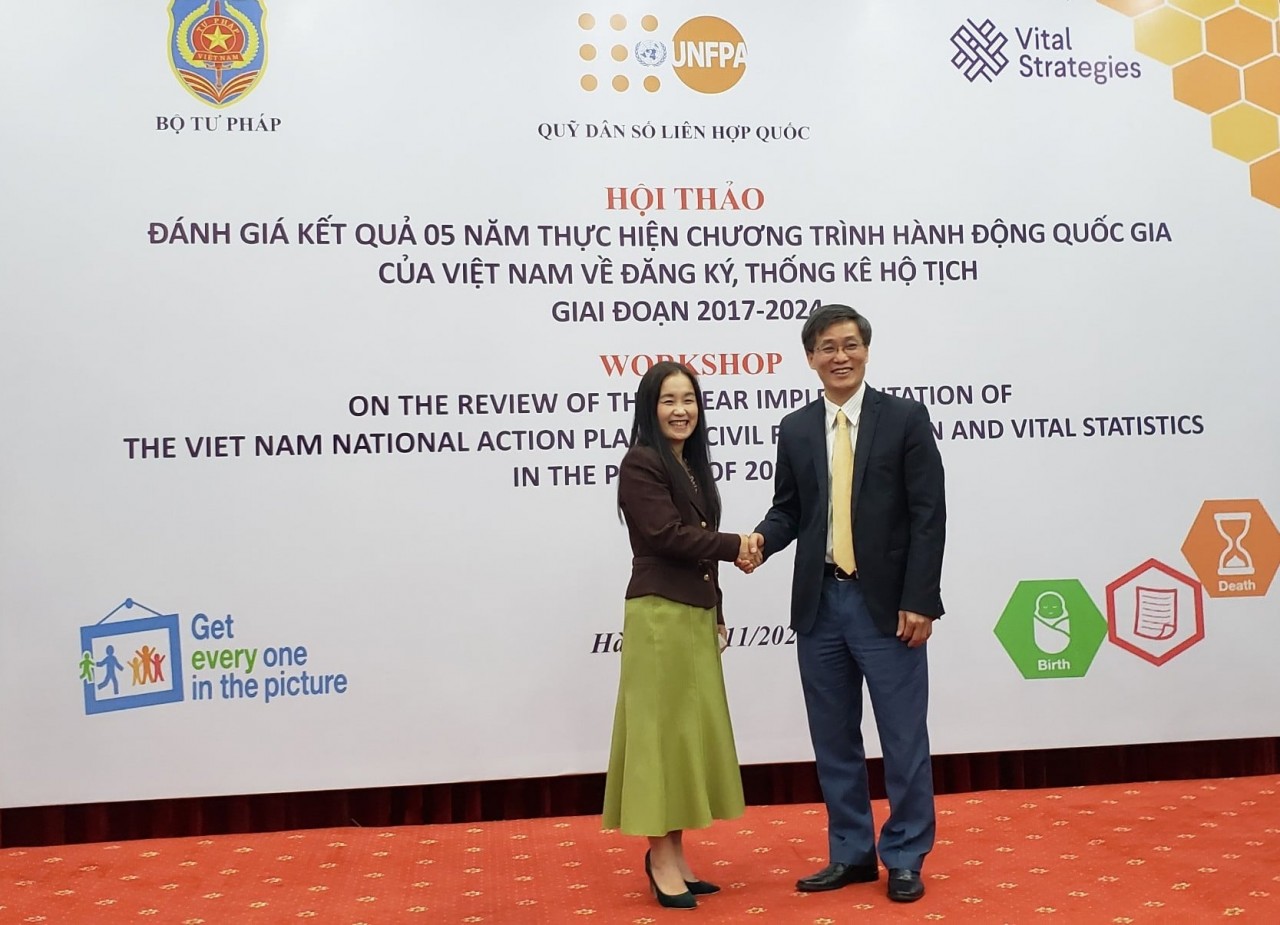 |
| The workshop was funded by UNFPA in partnership with Vital Strategies through the Bloomberg Philanthropies' “Data for Health Initiative” to improve Vietnam’s CRVS system at national and subnational levels. |
After 5 years of implementating the National Action Programme on CRVS, many policies on the protection of people’s rights have been developed through CRVS. The digital application for CRVS registration and management also started on 1 January 2016 to increase efficiency in the CRVS system.
To date, the national CRVS recorded 21,199,519 birth registration cases, of which 6,467,917 were birth registration and personal identity issuance; 4,238,553 cases of marriage registration; and 3,001,464 cases of death registration. Through e-birth registration, 2,706,122 newsborns have received both birth certificates and health insurance.
The National Action Programme on CRVS for the 2017-2024 period emphasizes that it is important to ensure all people, including Vietnamese citizens and foreigners residing in Vietnam, as well as Vietnamese citizens living abroad, are provided with civil registration documents (particularly birth, marriage, and death certificates) with the contents and information which are complied to international standards.
The National Action Programme aims at fulfilling the Government’s international commitments at the first Ministerial Conference on CRVS in Asia and the Pacific held by the UN Economic and Social Commission for Asia and the Pacific (UNESCAP) in Bangkok, Thailand in November 2014. Vietnam committed to developing a modern and progressive CRVS system to provide vital data for every individuals and for evidence-based public policy-making. This is critical for Viet Nam to achieve Sustainable Development Goals by 2030.
After 5 years of implementing the National Action Programme, Vietnam has achieved encouraging results: finalization of legal documents, gradual modernization of CRVS, and promotion of online civil registration. The development of the national e-database on vital status and the shared software for CRVS registration and management have contributed to improving CRVS management and evidence-based policy making. Vietnam’s annual birth registration rate has increased steadily and achieved the target set out by the National Action Programme (98.8% as reported by the 2019 Population and Housing Census).
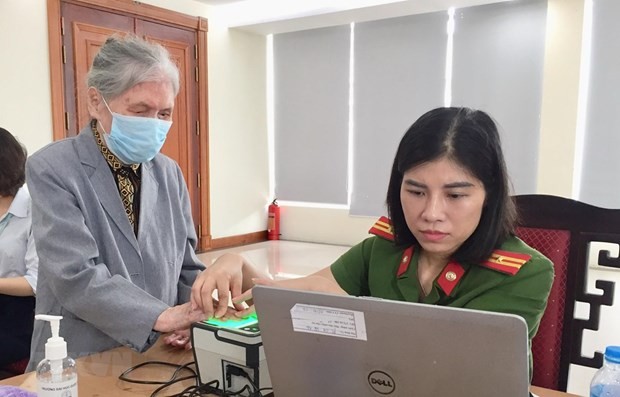 |
| People make chip-based ID card. Photo: VNA |
| Last week, the Second Ministerial Conference on CRVS in Asia and the Pacific was organised in Bangkok by the UN Economic and Social Commission for Asia and the Pacific (UN ESCAP), marking the mid-point in the CRVS Decade (2015-2024) for the region. The report of the conference indicated that countries in the region including Vietnam have made a tremendous progress with respect to the three goals of the Regional Action Framework. Most countries are on track to reach universal birth registration by 2030, which is an incredible achievement and a significant milestone in realizing human rights and equality. The number of children under five years old in Asia and the Pacific whose birth was never registered decreased from 135 million in 2012 to 64 million in 2019. Vietnam is already very close to universal birth registration, with 98.8% of children under the age of 5 years have been granted a birth certificate. |
However, Vietnam still encounters many challenges in achieving other targets set under the National Action Programme. The low rate of death registration and other vital statistics need to be improved. It is essential to promote stronger collaboration between relevant ministries and sectors as well as agencies at all levels in implementating the National Action Programme on CRVS, especially sharing and providing high-quality civil registration information, thus facilitating evidence-based policymaking.
In addition, it is necessary to further improve the business process of CRVS and the model of civil status registration agencies. These are among the important tasks set under the National Action Programme on CRVS, which will lay a foundation for the recognition and protection of civil rights, effective planning and budgeting of policies on health, social protection, education, population, and human rights at the national and sub-national levels, and measuring the impacts of public programmes and projects.
Speaking at the event, Naomi Kitahara, UNFPA representative in Vietnam stressed that the National Steering Committee is a vital body for the implementation of the National Action Programme on CRVS. The committee must build bridges across line ministries, provide guidance and oversight, and advocate for sustainable investments in CRVS. It is therefore critical to strengthen the Committee’s roles and responsibilities, she said.
A well-functioning CRVS system could only be achieved through stronger collaboration between sectors and ministries as well as among agencies at all levels under coordination of the National Steering Committee. We can use digital technologies to help share information more effectively and facilitate the improvements of the entire CRVS system, she added.
Morover, the modernised CRVS system will help Vietnam honour its commitments to the Declaration of the Second Ministerial Conference on Building a more resilience future with Inclusive CRVS in Asia Pacific. It is to ensure that human rights are recognized by law (esp. through registration of births, deaths and other vital events) and to increase people’s accessibility to social services, Naomi said, addeding that the Covid-19 pandemic has highlighted the urgent need for paying special attention to notifying and registering deaths in line with the standards of the International Classification of Diseases.
She affirmed that UNFPA will support the Government of Vietnam to speed up the process of change, towards a modern and progressive CRVS system, in which data including vital statistics will be shared and used for the formulation and the implementation of evidence-based policies and decision-making.
 | Vietnam, China Hold Online Conference on Party Building Vietnamese, Chinese Parties beef up cooperation. |
 | Canada, UNDP Start Initiative Supporting Businesses and Reducing Covid-19 Effects A project was launched on Nov. 22 to enhance the resilience of social impact businesses and contribute to reducing the impact of Covid-19 on vulnerable ... |
 | President To Visit Switzerland, Russia This Week Vietnamese President will pay official visits to Switzerland and Russia. |
Recommended
 Viet's Home
Viet's Home
Hanoi, South Africa Strengthens People-to-people Exchanges, Expands Multi-sector Cooperation
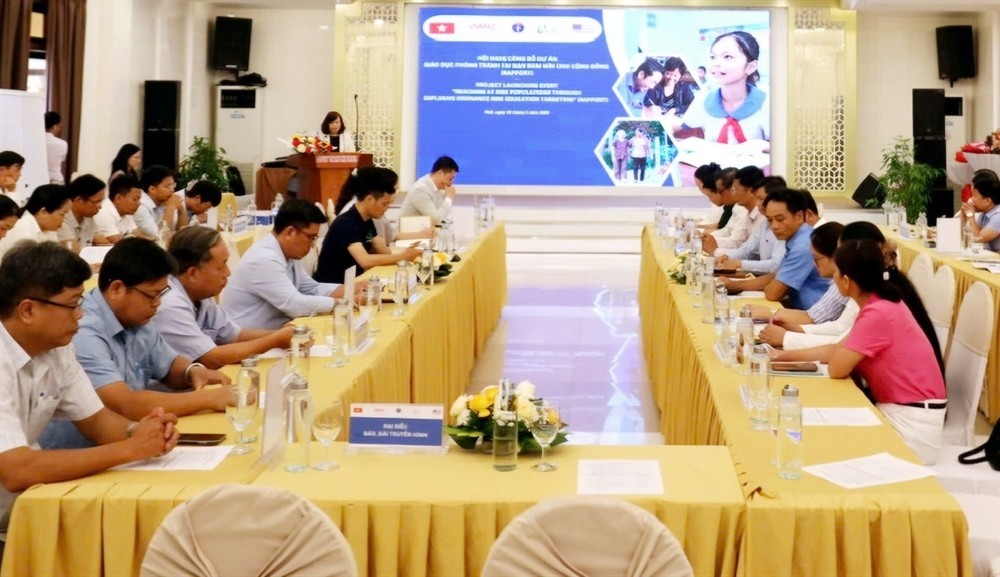 Viet's Home
Viet's Home
Hue City to Raise Awareness on Mine Accident Prevention
 Focus
Focus
Vietnam Leaves Imprints on the World Peacekeeping Map
 Viet's Home
Viet's Home
“Global Vietnamese Singing 2025” - Connecting Hearts Longing for Homeland
Popular article
 Viet's Home
Viet's Home
Vietnam’s People's Public Security Force Actively Contributes to UN Peacekeeping Operations
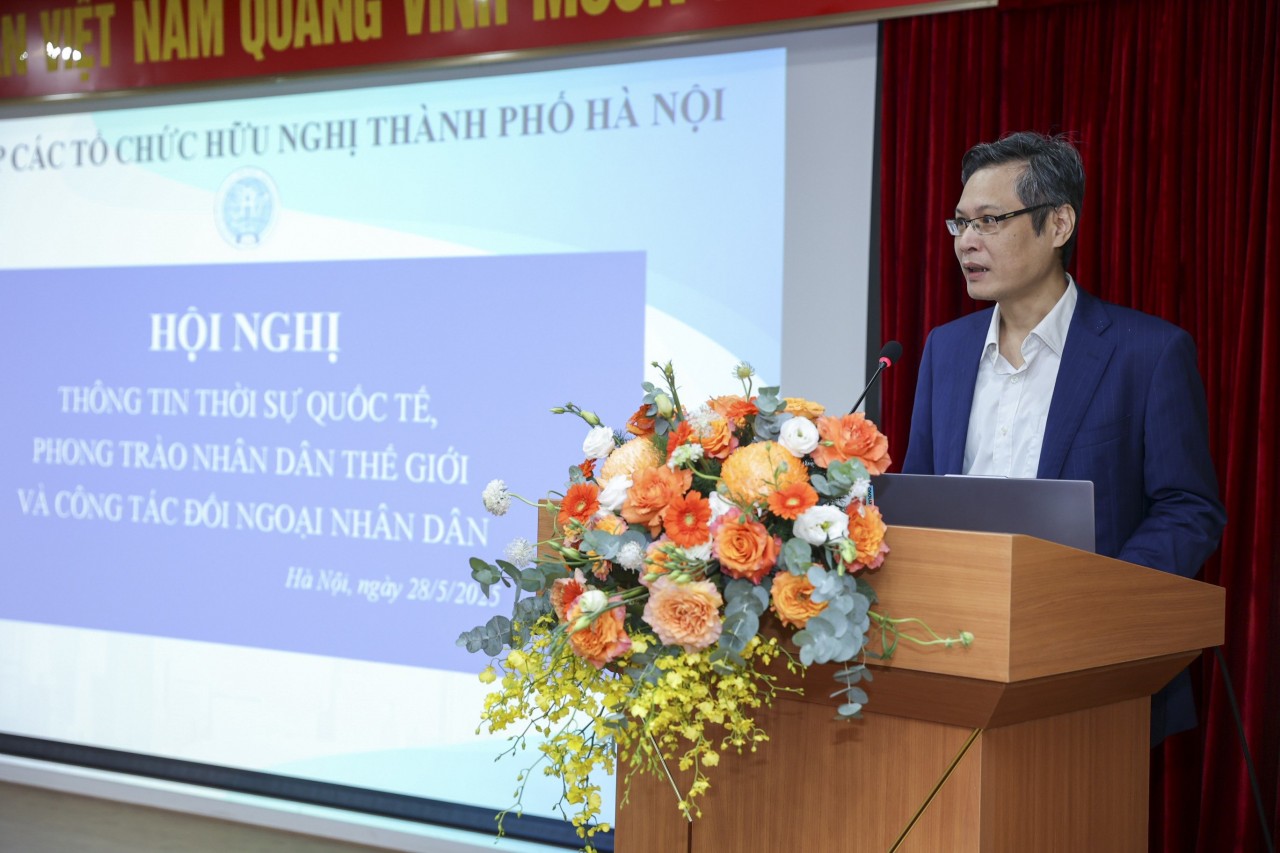 Viet's Home
Viet's Home
HAUFO Enhances Competence of People-to-People Diplomacy Personnel
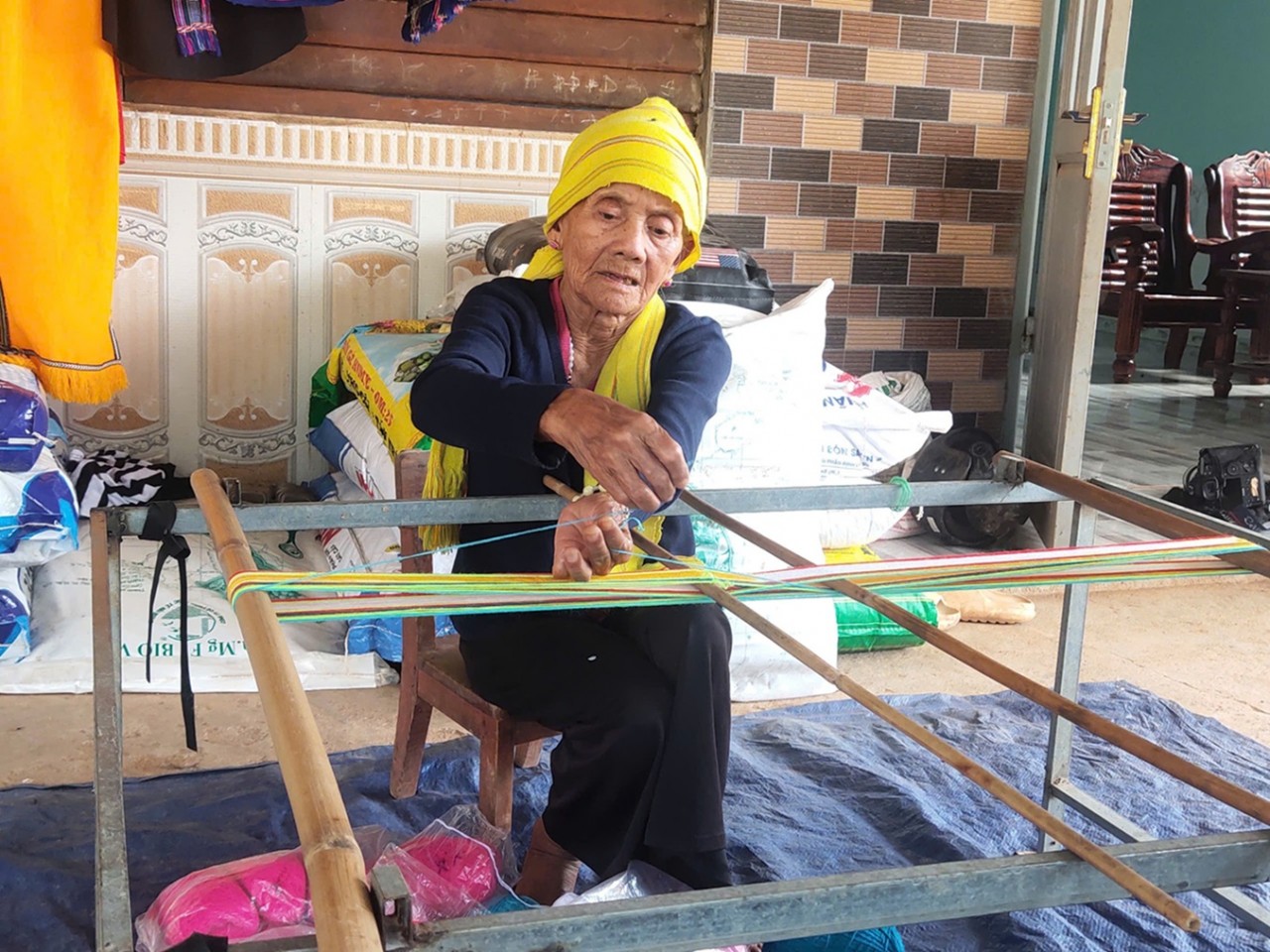 Viet's Home
Viet's Home
Hands that Reserve Da Long Brocade Craft
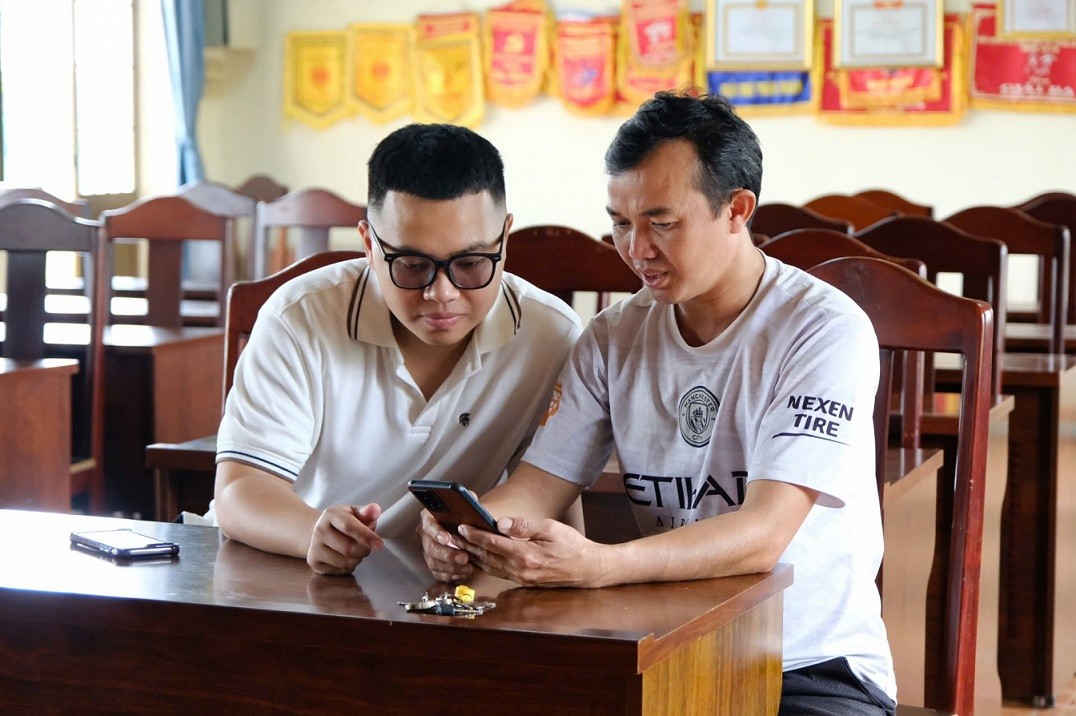 Viet's Home
Viet's Home





